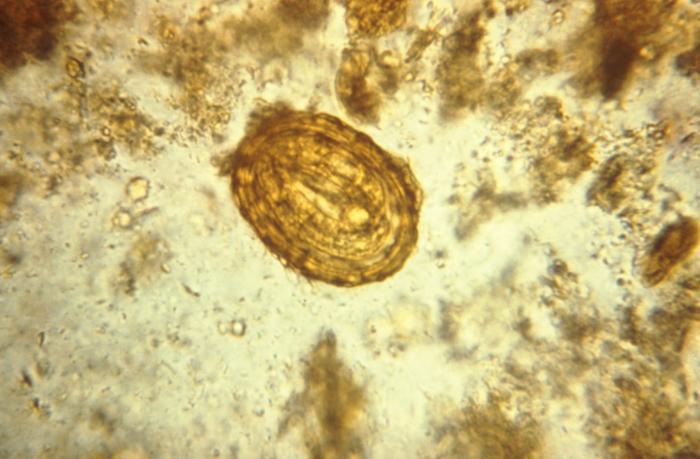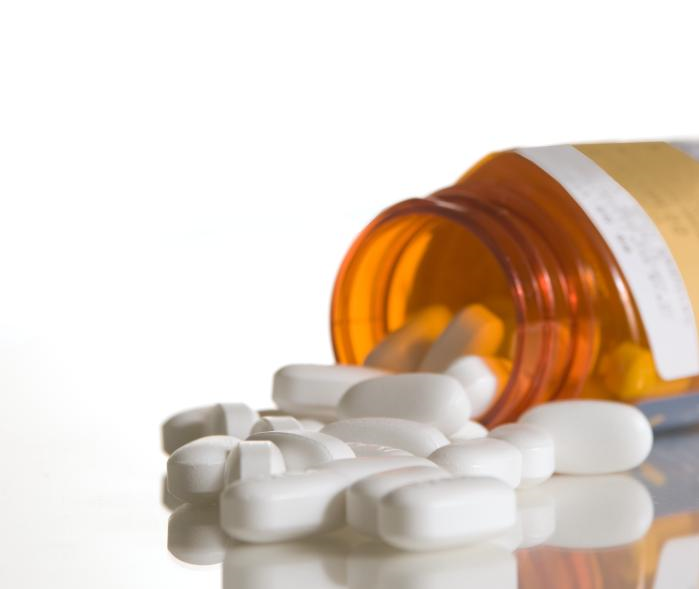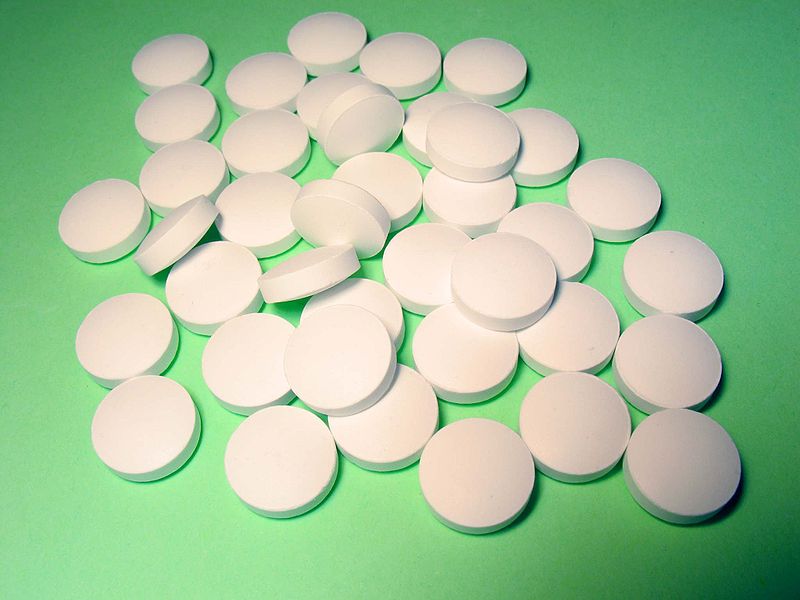Carbachol is the ester of carbamic acid, having both muscarinic and nicotinic actions.
Muscarinic actions are prominent on eye, GIT & urinary bladder
Duration of action is more than 30 minutes (longer than acetylcholine)
Mechanism of Action
Carbamoyl group combines with the active site of pseudo cholinesterase, hydrolysis occurs and carbamoylated enzyme is produced, while free choline is regenerated. Then hydration occurs.
Therapeutic uses:
Glaucoma
Carbachol is not the first line agent because better drug therapies are available like beta blockers, PG analogs, etc. Nicotinic effects are more prominent. It has longer duration of action and receptor non-selectivity.
Adverse Effects
No adverse effects at therapeutic doses because it is a quaternary ammonium compound and lacks systemic penetration.
 howMed Know Yourself
howMed Know Yourself




